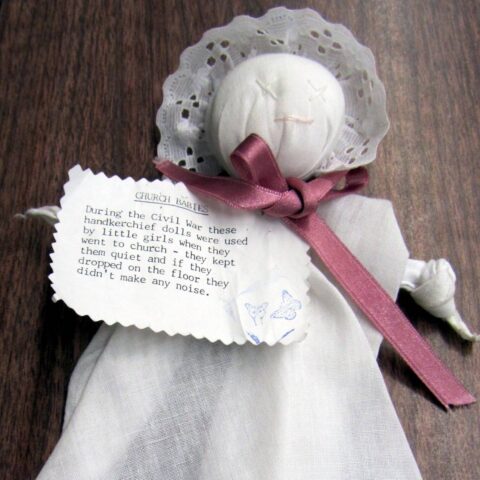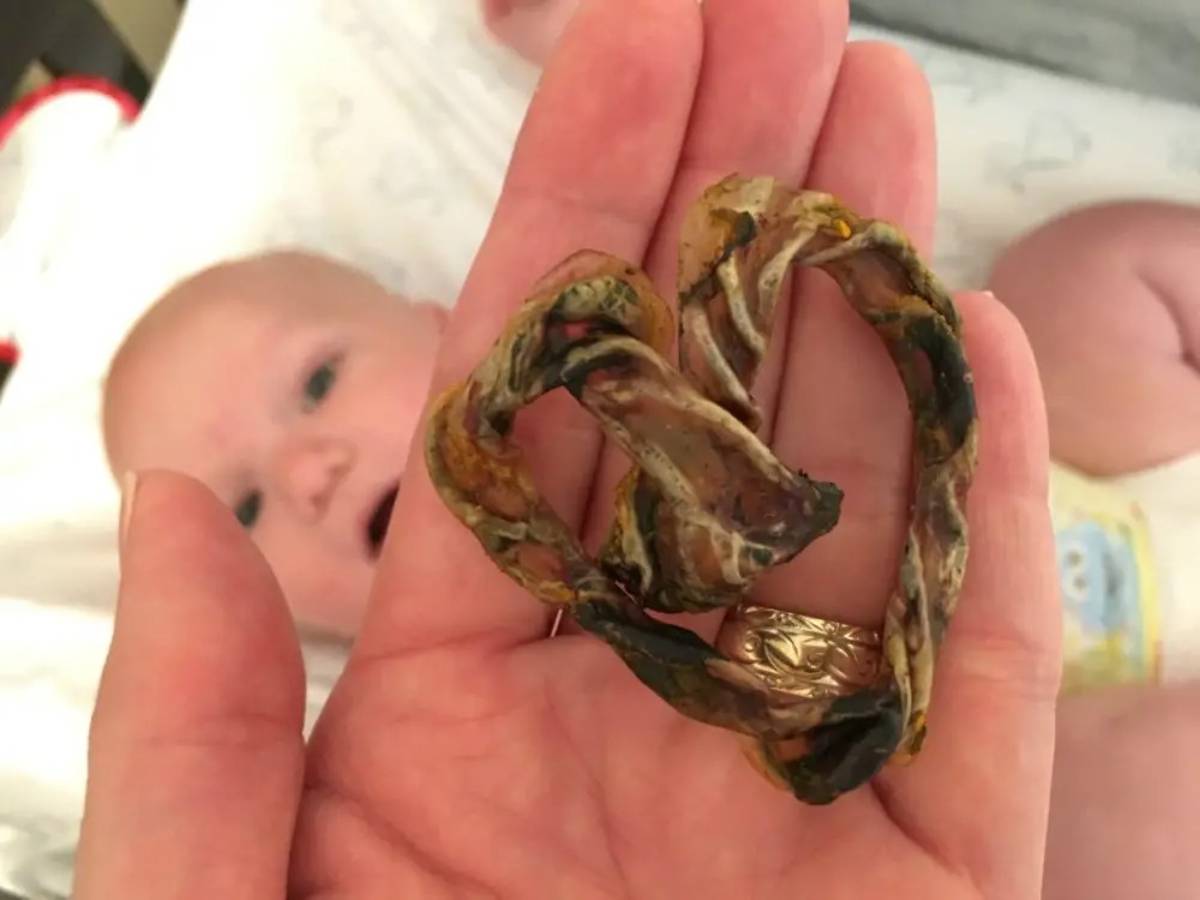 We’ve all been hearing a lot of information on the news lately about the H1N1 flu vaccine.
We’ve all been hearing a lot of information on the news lately about the H1N1 flu vaccine.
Pregnant women especially have been being told that they need this vaccine in order to protect themselves and their baby.
But do they really?
There is evidence that getting this vaccine if you’re pregnant may actually do more damage than good.
Here are the 2 main reasons to reconsider getting the H1N1 flu shot if you’re pregnant:
- The H1N1 vaccine contains a preservative called thimerosal which contains mercury. Several states including California have banned the use of this preservative in influenza vaccines, and yet here it is being used in the H1N1 vaccine. Vaccines containing thimerosal have been linked to increased autism rates in children.
- Adjuvants are being considered as an additional ingredient to the H1N1 vaccine — in order to stretch the number of dosages available. There is conern that without adjuvants, there won’t be enough of the vaccine to vaccinate everyone. Adjuvants have been shown to cause auto immune disorders in mice. There is some concern this could also translate to people. Also, some war veterans have claimed that adjuvants in vaccines are what caused the Gulf War Syndrome that so many U.S. veterans suffer from.
While earlier news reports said that the H1N1 virus was less virulent than the normal flu bug going around, now it seems that the reports are saying the opposite — that H1N1 is becoming more virulent.
Meanwhile, there are questions from some in the medical community regarding the safety of the H1N1 flu shot — not just for pregnant women, but for anyone because of the mercury that the thimerisol (a preservative used in the vaccine) contains.
Here are some articles that can help you make an informed decision regarding the H1N1 flu shot and whether or not you should get it if you’re pregnant:
- H1N1 and Other Flu Viruses Linked to Autism & Schizophrenia
- Swine Flu Poses Special Threat to Pregnant Women
- Pregnancy FAQ: H1N1 Influenza (Swine Flu) and the H1N1 Vaccine
What You Need To Know About Breastfeeding And Swine Flu
With the advent of the Swine Flu, every mother and expectant mom-to-be is probably wondering about breastfeeding their infant if they have (or happen to get) the Swine Flu.
Here are some tips regarding swine flu and feeding your baby:
- Take precautions such as washing your hands often in hot water and with soap. Don’t cough or sneeze in your baby’s face if you are sick with the Swine Flu. Consider wearing a mask when breast feeding.
- Continue breastfeeding your baby even if you are ill or have been exposed to Swine Flu. Babies who are breast fed have more immunities and have a better chance of surviving the illness than those who are formula fed.
- Even if your baby gets Swine Flu or some other bug, continue to breast feed, because the breast milk helps the baby’s immune system to stay strong. If you aren’t able to breast feed for some reason, consider getting donated breast milk from a certified milk bank.
My favorite things to write about are topics that have to do with pregnancy, weddings, saving money, living green, and life with dogs. When I’m not writing, I love to spend time with my husband, read, create 3D artwork and Native American beadwork.






